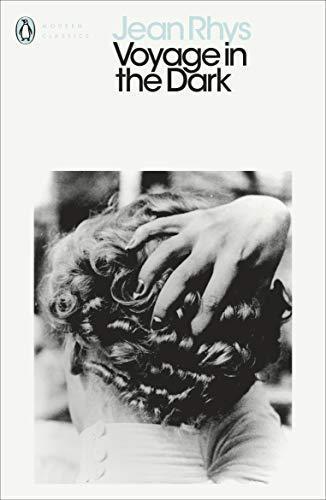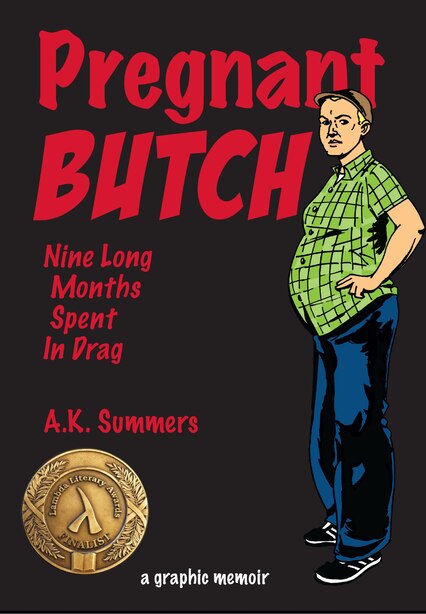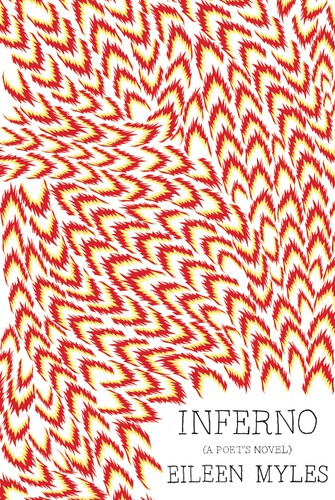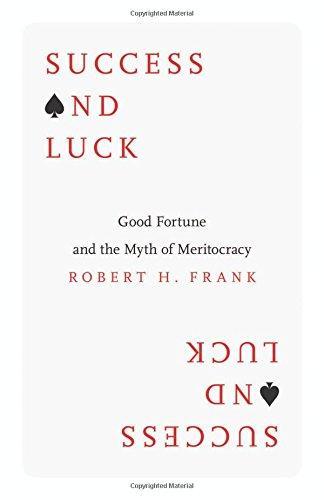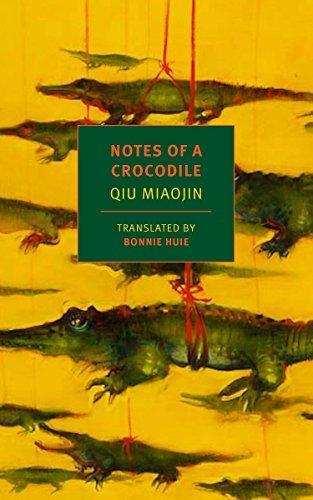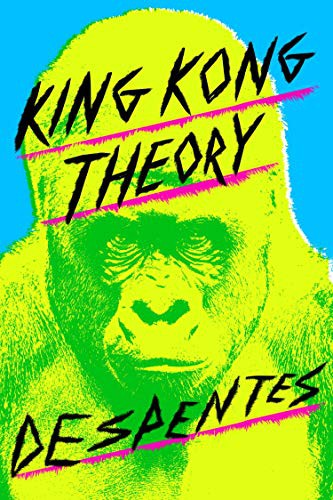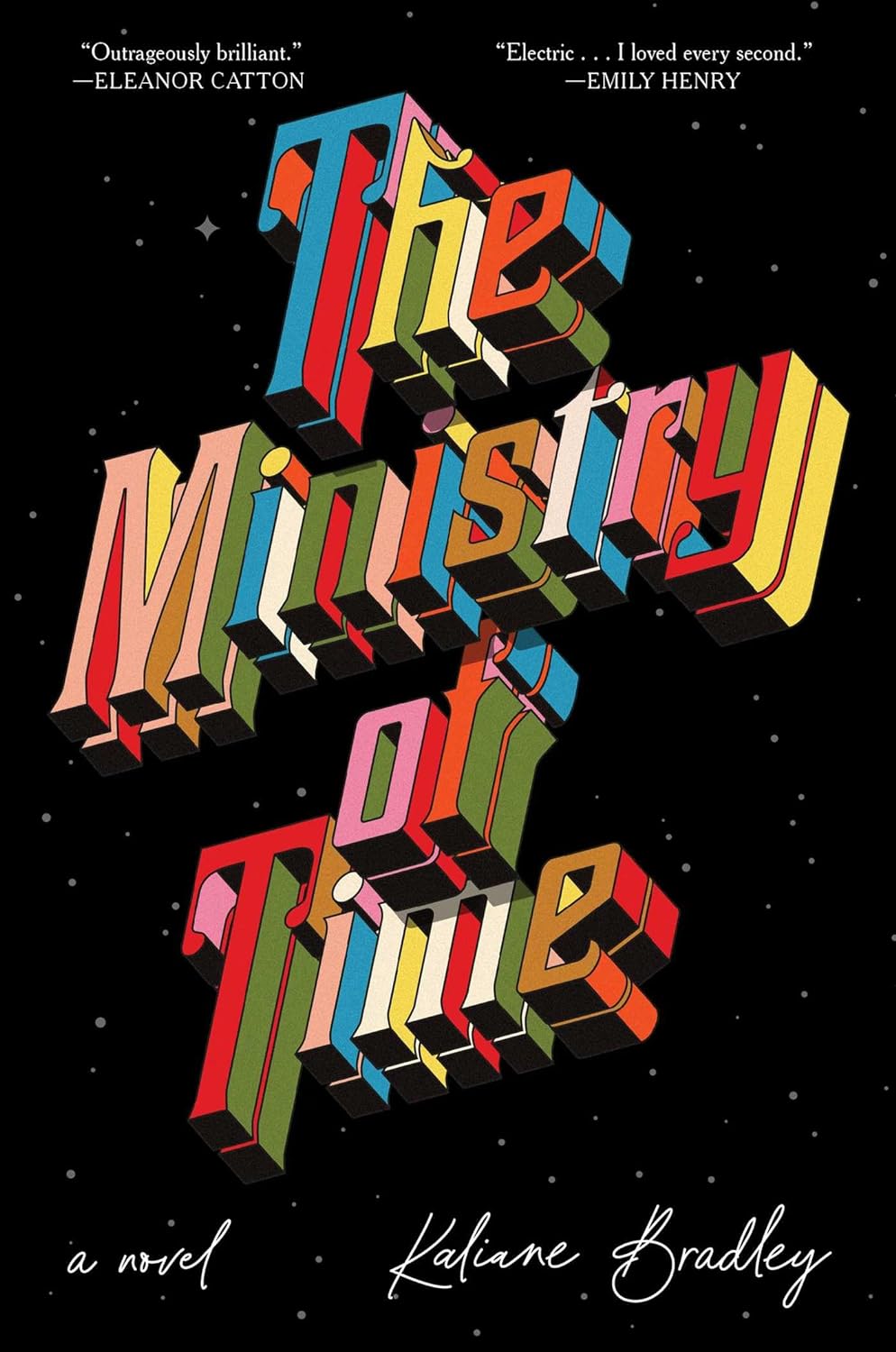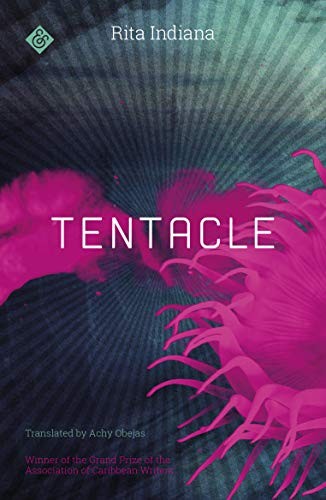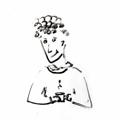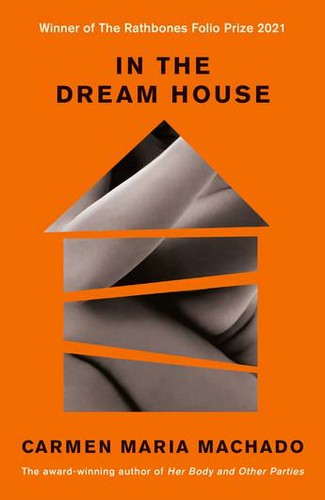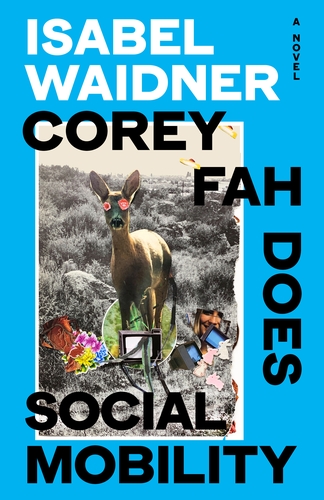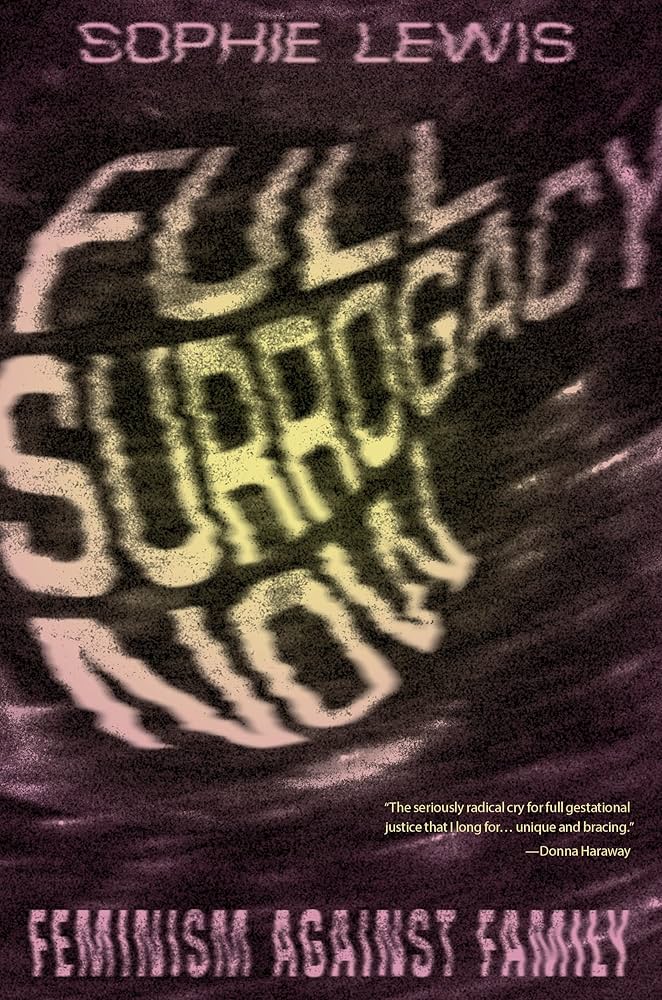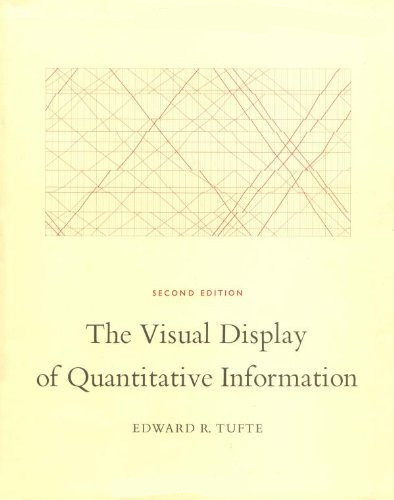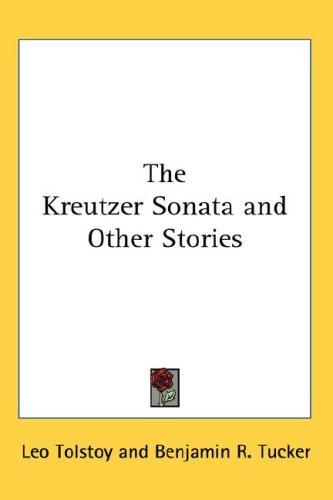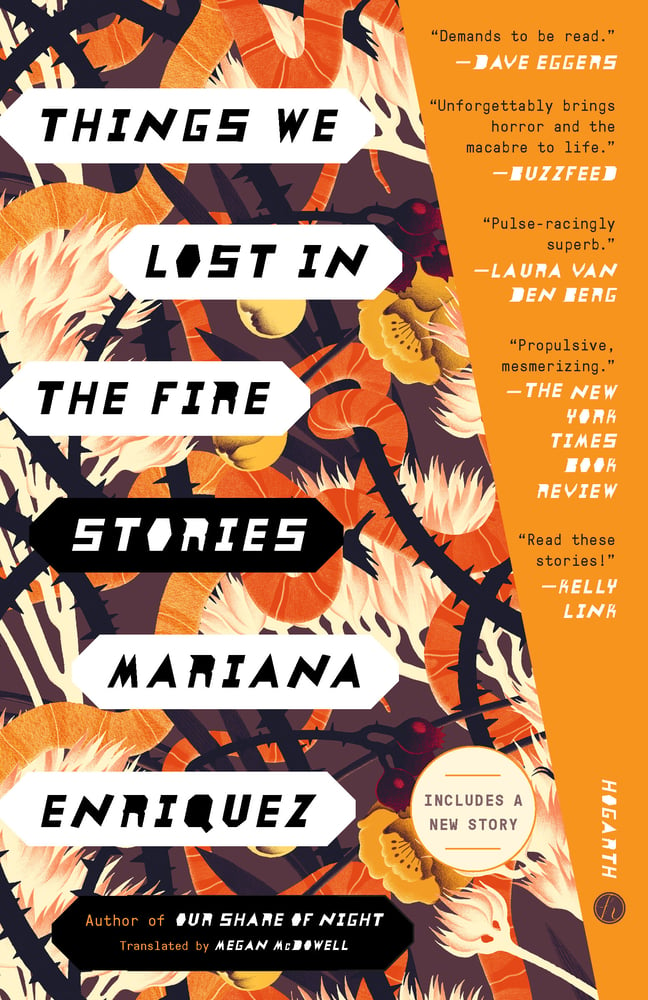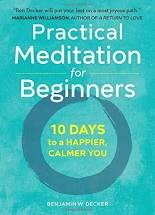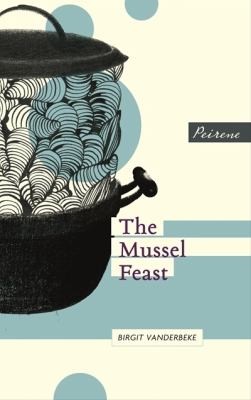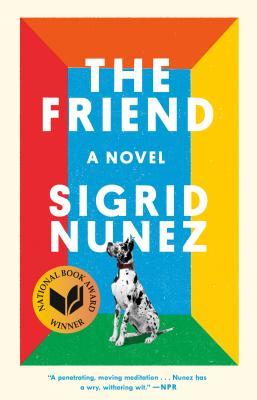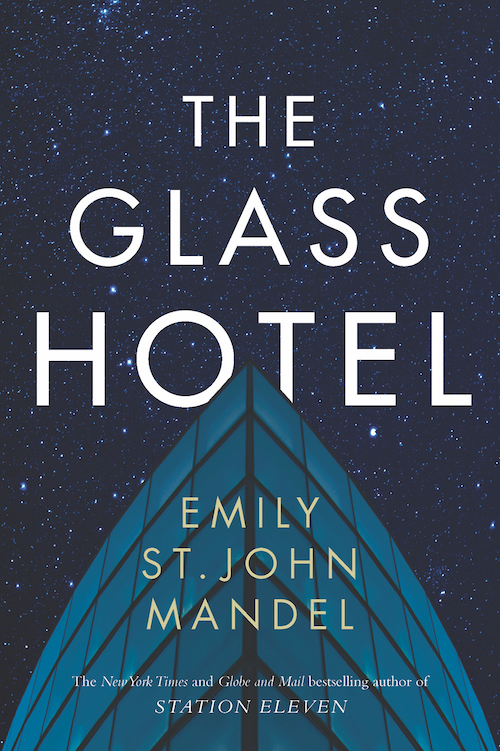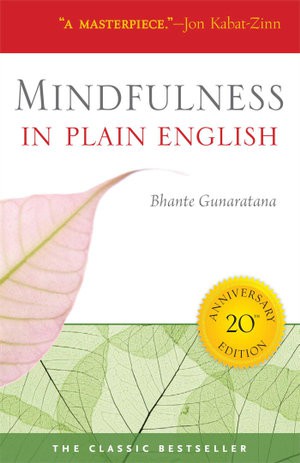ralentina reviewed In the Dream House by Carmen Maria Machado
A memoir of queer abuse
4 stars
The story of an abusive relationship between women, interspersed with reflections and literary discussions about queerness and abuse. Machado's central preoccupation concerns the importance of documenting her story - given the erasing of queer people's lives in literature, and the general denial of victims' experience of abuse. Some of them were very clever, but I was most fascinated by the more narrative parts, as I think she has a knack to sketch out her ex's character, so elusive and yet so convincing. At times she sounded very sick, as in, mentally unstable, to the point that I questioned to what extent she can be held responsible for her actions - perhaps a question the author herself had to grapple with, and concluded, hell yes, to a great extent because the alternative is to blame the victim.
Every chapter is narrated in a different literary genre, or perhaps a different space, …
The story of an abusive relationship between women, interspersed with reflections and literary discussions about queerness and abuse. Machado's central preoccupation concerns the importance of documenting her story - given the erasing of queer people's lives in literature, and the general denial of victims' experience of abuse. Some of them were very clever, but I was most fascinated by the more narrative parts, as I think she has a knack to sketch out her ex's character, so elusive and yet so convincing. At times she sounded very sick, as in, mentally unstable, to the point that I questioned to what extent she can be held responsible for her actions - perhaps a question the author herself had to grapple with, and concluded, hell yes, to a great extent because the alternative is to blame the victim.
Every chapter is narrated in a different literary genre, or perhaps a different space, moment or concept through which to make sense of the story: Deja Vu, Cautionary Take, Apartment in Philadelphia. It could easily be 'try-hard', but I thought it worked quite.
